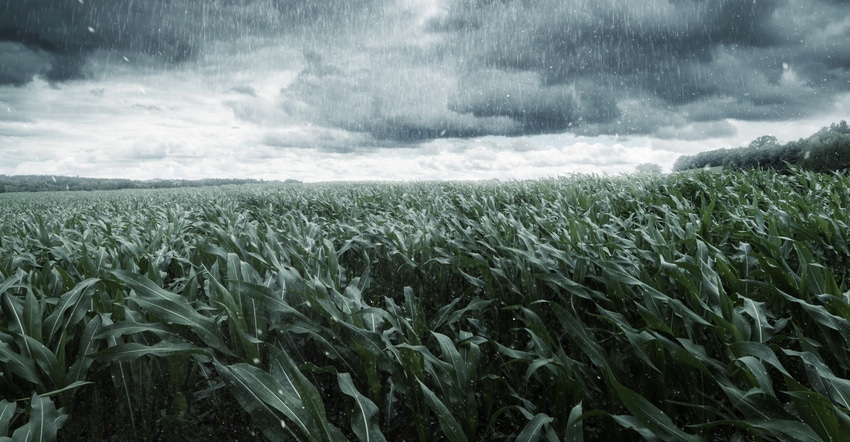July 7, 2018

Here’s a question from a reader: What conditions does it take to get an all-weekend rain — like, three days in a row? I remember just a few in my lifetime. It doesn’t rain hard all the time, but rains constantly. What atmospheric conditions must line up for that to happen?
For a long-term rain event, nothing in recent U.S. history measures up to Texas seeing rain daily for over a month in May and June of 2007. This is obviously an extreme example, but the conditions required to produce it are not all that complicated.
A low-pressure system in the atmosphere from the Gulf of Mexico settled over Texas and combined with an upper-level trough to allow the system to stagnate. It settled over the region for an extended amount of time compared to how long systems normally stay in place.
The reader is asking about Indiana, not Texas. The Midwest is obviously in a different situation, since Gulf of Mexico air doesn’t reach this far north as frequently as it reaches states nearer the coast. But on occasion, tropical air does reach us, giving us those muggy, hot summer days. Should the upper atmosphere cooperate, a similar situation could occur to that described in the historic Texas event. A trough could settle over a tropical low in the Midwest. This confluence of conditions is not very likely in our area, simply because of the distance from the coast and the lack of abundant tropical air this far north.
Indiana is much more prone to the torrential downpour types of storms in the summertime when convection is strong. Pop-up storms can happen seemingly every day late in the season. Rain may not be constant in one area, but the state as a whole could see rain most days, if the convective or frontal conditions exist.
Eggert is a Purdue University graduate with experience working in the Indiana State Climate Office. He writes from West Lafayette, Ind.
About the Author(s)
You May Also Like




